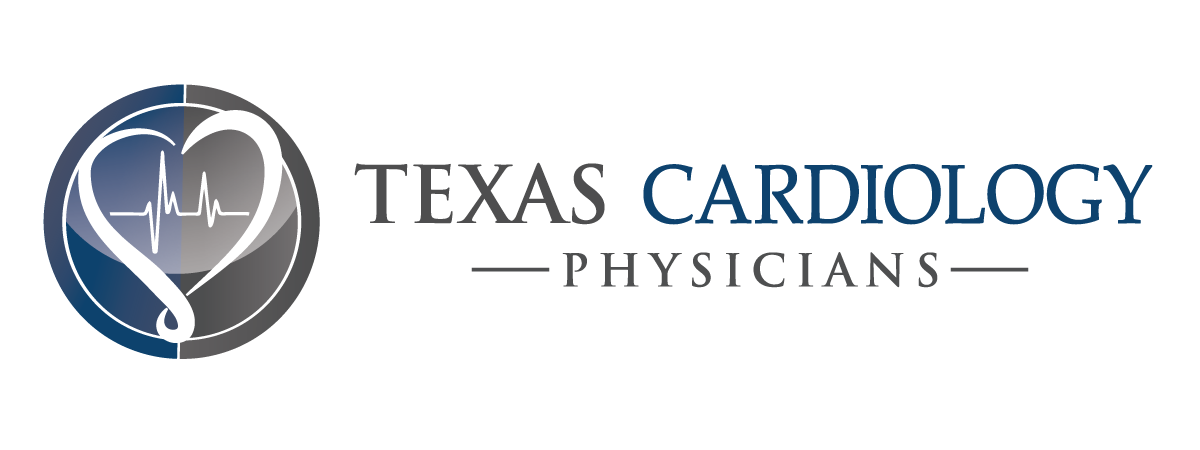
Navigating Heart Health During Menopause: Hormonal Changes and Wellness
Menopause marks a significant transition in a woman’s life, bringing about hormonal changes that can impact various aspects of health, including cardiovascular health. Understanding how menopause affects heart health and implementing strategies to promote wellness is essential for navigating this stage of life with confidence. In this blog post, we’ll explore the connection between menopause and heart health and provide tips for maintaining cardiovascular wellness during this transitional phase.
Understanding Menopause and Heart Health
Menopause is a natural biological process that occurs when a woman’s menstrual cycles cease, typically around the age of 45 to 55. During menopause, hormonal fluctuations, particularly a decrease in estrogen levels, can influence cardiovascular health. Estrogen plays a protective role in maintaining healthy blood vessels and cholesterol levels. As estrogen levels decline, women may become more susceptible to certain cardiovascular conditions, such as heart disease and stroke.
Strategies for Maintaining Heart Health During Menopause
Regular Exercise: Engaging in regular physical activity is crucial for supporting heart health during menopause. Exercise helps maintain a healthy weight, lower blood pressure, and improve cholesterol levels. Aim for at least 30 minutes of moderate-intensity aerobic activity most days of the week, such as walking, cycling, or swimming.
Heart-Healthy Diet: Adopting a heart-healthy diet can help mitigate the effects of hormonal changes on cardiovascular health. Focus on eating a balanced diet rich in fruits, vegetables, whole grains, lean proteins, and healthy fats. Limiting saturated fats, trans fats, sodium, and added sugars is important for reducing the risk of heart disease.
Manage Stress: Menopause can be accompanied by increased stress and anxiety, which can negatively impact heart health. Practice stress-reduction techniques such as deep breathing exercises, meditation, yoga, or mindfulness to promote relaxation and emotional well-being.
Monitor Blood Pressure and Cholesterol: Regular monitoring of blood pressure and cholesterol levels is essential for early detection and management of cardiovascular risk factors. Consult with a healthcare provider, such as Texas Cardiology Physicians, to assess your cardiovascular risk and develop a personalized prevention plan.
Book Your Heart Health Assessment with Texas Cardiology Physicians
If you’re experiencing symptoms of menopause or have concerns about your heart health during this stage of life, consider scheduling an appointment with Texas Cardiology Physicians. With locations in Farmers Branch and Waxahachie, Texas Cardiology Physicians offers specialized care for women navigating menopause and its impact on cardiovascular health.
Don’t let menopause compromise your heart health. Take proactive steps towards wellness by booking your appointment with Texas Cardiology Physicians today.
Contact Texas Cardiology Physicians to schedule your heart health assessment and receive personalized care tailored to your needs during menopause.



